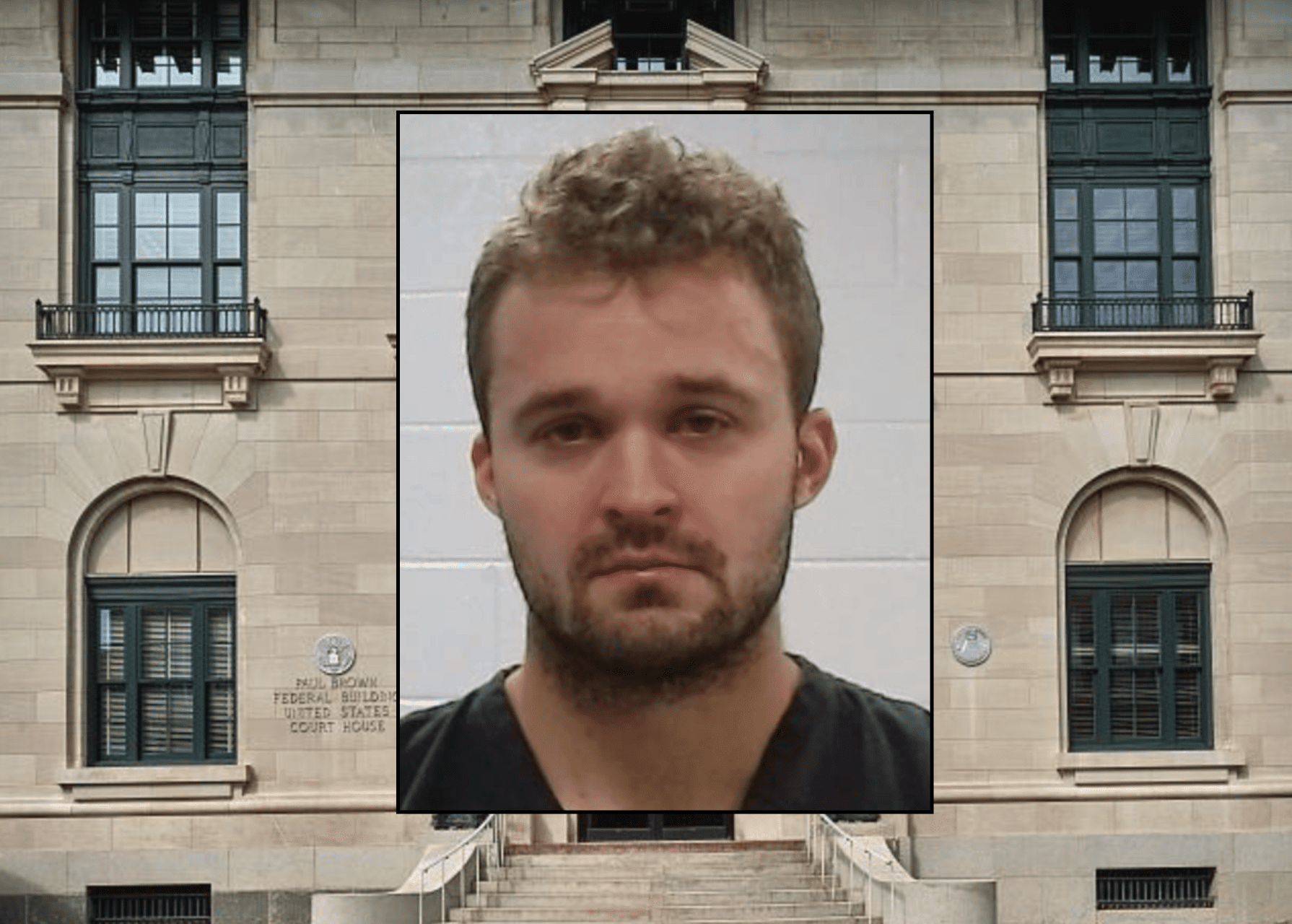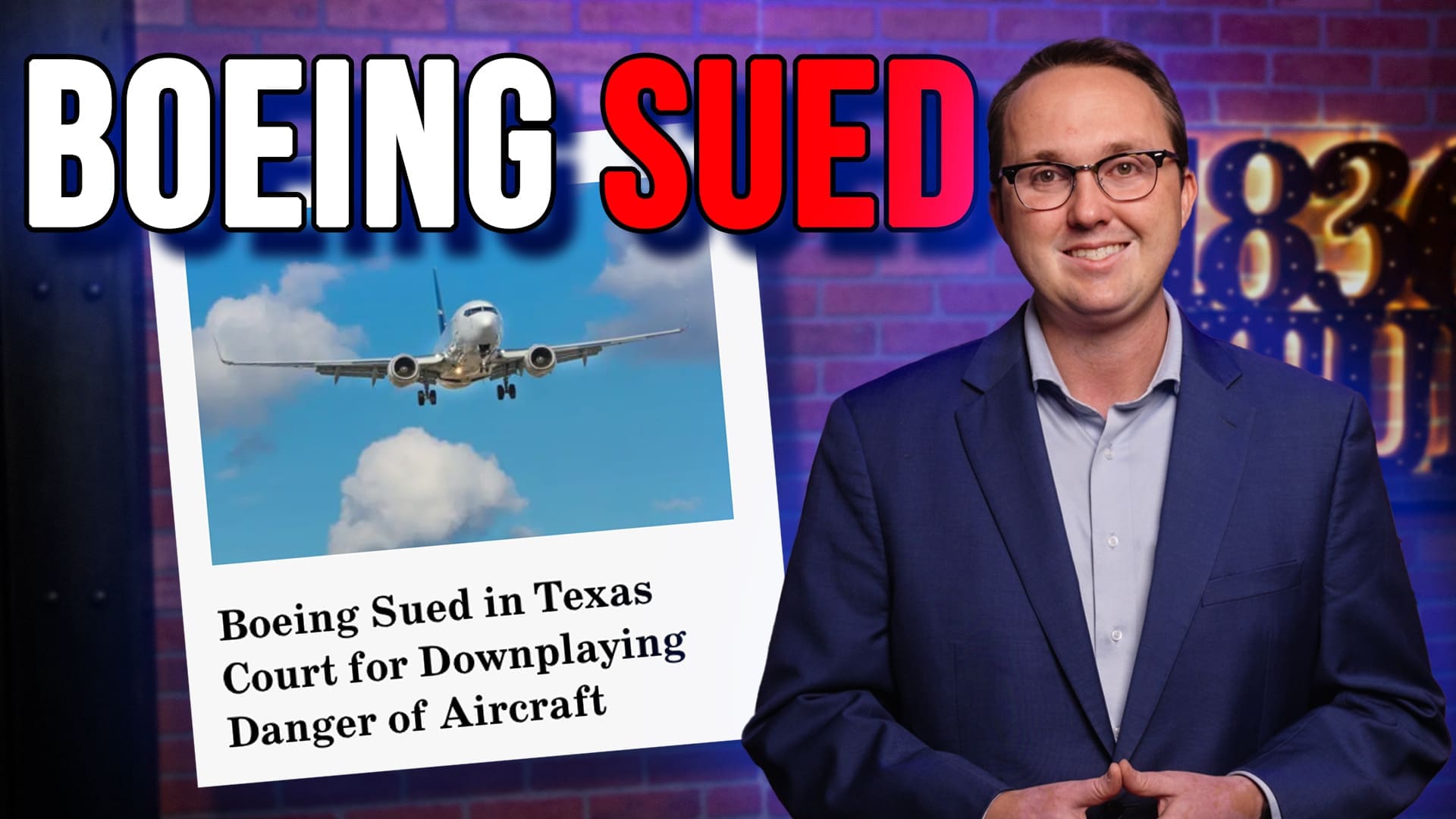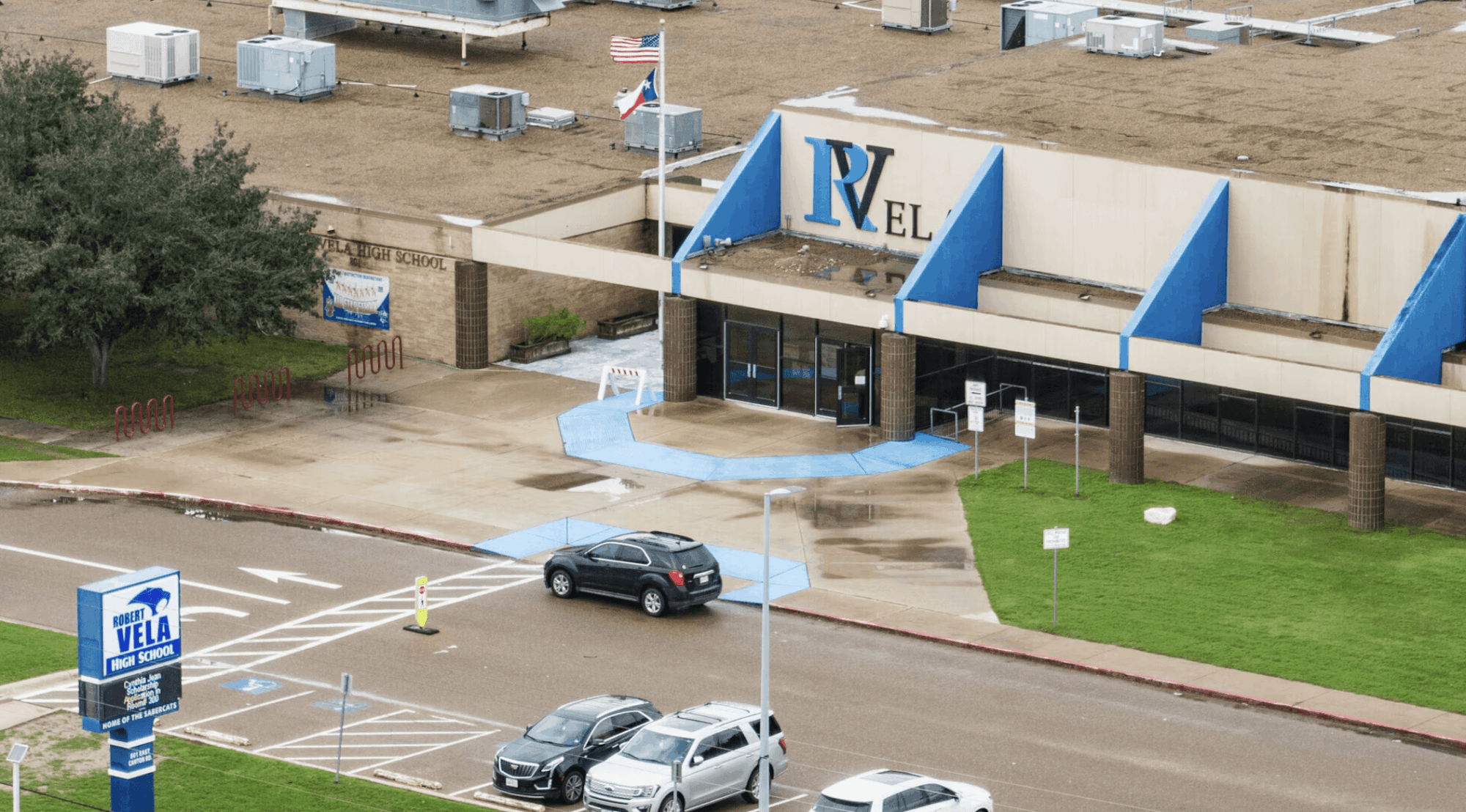AUSTIN—Times have changed for everyone during the coronavirus, and a potential quarter-million Austinites now desperately need city hall to finally start helping instead of harming them.
Last week, the Austin City Council presented startling economic numbers: they estimate around 261,000 citizens in the Austin metro area—a quarter of all the city’s workers—could lose their jobs during the coronavirus pandemic. The local economy could take two years to somewhat recover to normalcy.
Unemployment of 25 percent hasn’t been seen since the Great Depression.
Among the worst hit is the food and service industry, which could be depleted by 81 percent (over 88,000 jobs lost), and sales jobs could be cut in half.
As countless citizens’ wallets and livelihoods are dismantled by the government’s coronavirus shutdowns, the situation also reveals how—now more than ever—citizens need the Austin City Council to clean up their habitually reckless money-handling ways that have already driven many working-class citizens out of Texas’ capital.
See, the city council has long taken truckloads of cash from citizens and spent it like a South Padre partier on spring break: the city is now taking 100 percent more property tax cash from the median homeowner than they did just 11 years ago, and the city council spends roughly double per citizen than do cities such as Dallas or Houston.
In other words, they take a lot and spend even more.
And how do they spend it? In the past, the council has spent $115,000 to clean one public toilet, $156,000 on holiday parties just last December (more than Dallas and Houston combined), $450,000 to buy two public toilets, $140 million over budget on a flawed tunnel project, and $1 billion on an ill-advised biomass power plant disaster that produced energy for only six months and has since been shut down.
There are also the millions that city council gave away to citizens who simply emailed the city asking for cash, or the city hall’s artist-in-residence program, where they employ artists to simply provide “out-of-the-box” thinking.
And that’s just scratching the surface.
Many citizens have already been forced out of Austin because they can’t afford to keep up with the runaway tax bills. Yet as a quarter-million Austinites could now face unemployment and potentially not have enough cash to provide for their families, Austin City Council still isn’t considering sobering up their spending and letting desperate citizens keep more money—shockingly, city hall is thinking about taking even more from them.
Last week, the city council discussed raising taxes by some amount this coming year, with Council Member Alison Alter even suggesting raising them by the legal maximum amount of 8 percent. Normally, the maximum is 3.5 percent, thanks to new state law; but a disaster situation allows officials to take more without voter permission.
The city is currently estimating a loss in tax revenue of as much as $57 million—a drop in the bucket of their over $4 billion budget. But instead of cutting the waste, improving city efficiency, and handling citizens’ money more responsibly, the city council could very well just grab more cash from those who just lost their jobs.
James Quintero of the Texas Public Policy Foundation said that cities don’t have to do the same destructive things they’ve long done, but can instead take responsible and positive steps such as zero-based budgeting, third-party auditing for efficiency, not going into massive debt, and letting citizens keep more of their own hard-earned money.
“The old tax-and-spend practices of the past won’t work in today’s troubled times – nor can the public afford them,” Quintero said. “The good news is that with the correct view of government and the right policies in place, city councils can help spur economic recovery and renewal… but it’s going to take some sobering up. Times have changed, and so too must city governments. The years ahead are going to be vastly different than the party years of the past.”
Austinites can take action by contacting their city council members before the budget decision-making begins over the summer.





